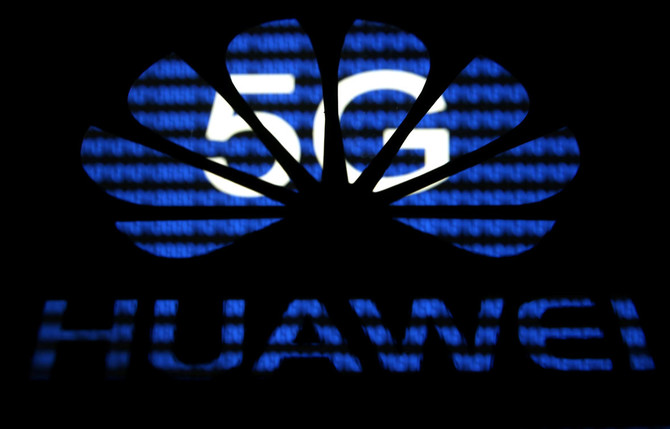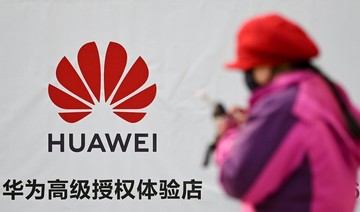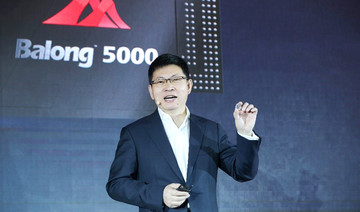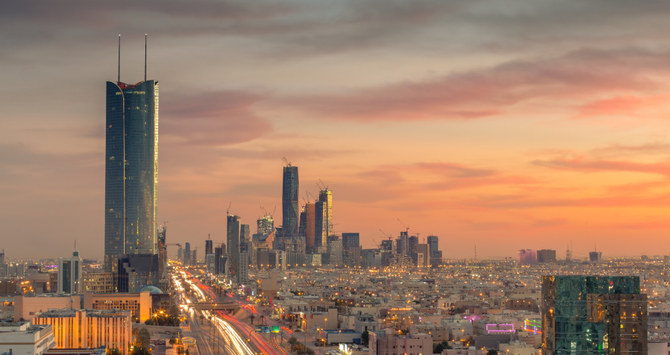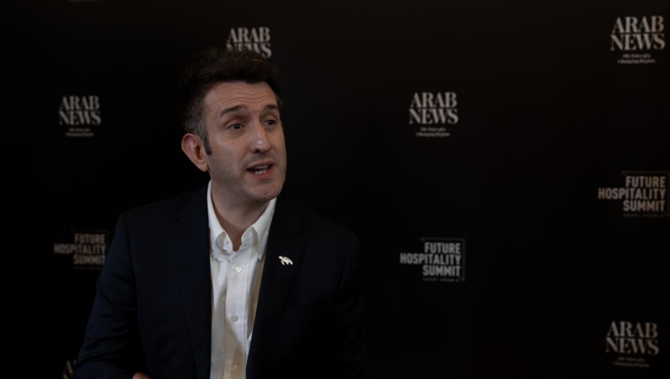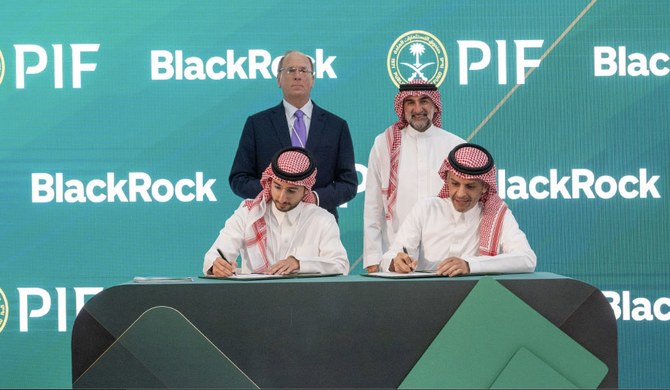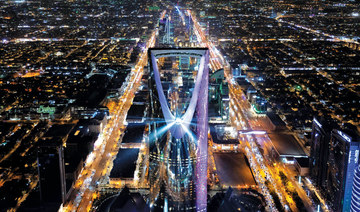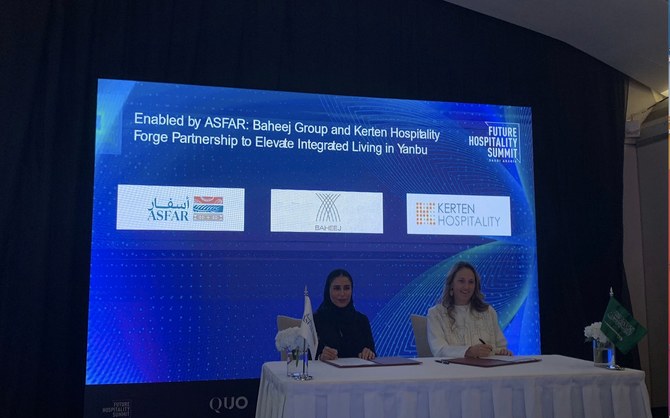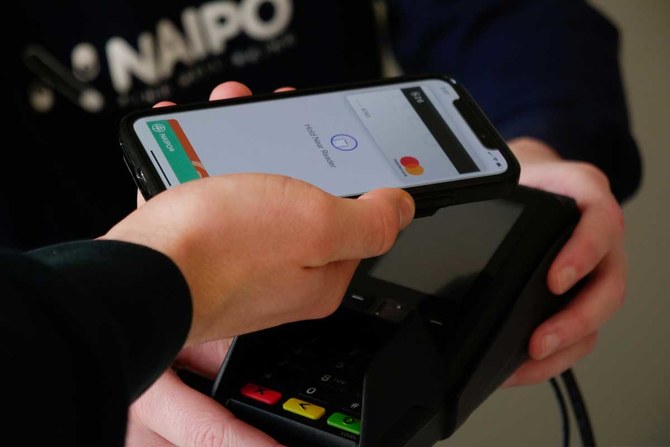BARCELONA: Huawei’s chairman on Sunday shrugged off the risk that President Donald Trump could issue an executive order banning
the Chinese telecom giant, saying the company could succeed without the US market.
Guo Ping said such an order “is not necessary and should not be released” but if issued would have little impact on Huawei, which has become the leading supplier of the backbone equipment for wireless mobile networks worldwide.
“In 2018, Huawei had revenues of over $100 billion. The share of US in this is really small. That means the US market can be ignored by us,” he told a press conference in Barcelona on the eve of the Mobile World Congress trade fair.
Guo added that such a move would hurt some small telecoms operators in the US that do use its equipment.
US officials suspect Shenzhen-based Huawei’s products could be used by Beijing to spy on Western governments and have severely restricted the company’s presence in the US.
Washington considers the matter urgent as countries around the world prepare to roll out fifth-generation or 5G networks that will bring near-instantaneous connectivity, vast data capacity and futuristic technologies such as self-driving cars.
The administration has been lobbying allies to block Huawei from building 5G networks and Trump is reportedly considering an executive order to stop the Chinese firm from selling advanced equipment in the US.
Huawei strenuously denied its equipment could be used for espionage.
“We have never and we are not and we will never allow backdoors in our equipment and we will never allow anyone from any country to do that in our equipment,” Guo said through an interpreter.
“Huawei needs to abide by Chinese laws and also by the laws outside China if we operate in those countries. Huawei will never, and dare not, and can not violate any rules and regulations in the countries where we operate,” he said.
The US did not represent the whole world and Huawei hoped each country would make decisions based on its own interests, Guo said.
Network operators seeking to quickly deploy the new wireless networks are in a bind as Huawei’s 5G equipment is seen as being considerably more advanced than that of its rivals, such as Sweden’s Ericsson or Finland’s Nokia.
The company has 180,000 employees in 170 countries and counts 45 of the world’s biggest wireless carriers as customers.
$2,600 phone
Huawei on Sunday unveiled a $2,600 folding smartphone, which it said was primed for next- generation 5G mobile connections.
The smartphone vendor said it had taken the lead on developing phones for 5G, which promise super-fast Internet speeds for consumers and businesses, because it was also involved in developing the networks.
“This phone is not only for today for 5G but also for future 5G. On all the benchmarks you can see the performance, the speed is the fastest for 5G in the world,” said Richard Yu, head of Huawei’s consumer business group.
Speaking ahead of the mobile industry’s biggest global event, which kicks off on Monday in Barcelona, Yu said the Huawei Mate X will have two back-to-back screens which unfold to become an 8in tablet display.
Yu said the Mate X would be able to download a 1 gigabyte movie in three seconds but also be priced at €2,299 ($2,607) when it goes on sale later this year, setting a new upper limit for consumer smartphones.
Samsung last week unveiled its own folding smartphone, priced at nearly $2,000, in a bid to top the technology of Apple and Chinese rivals and reignite consumer interest amid slumping sales.
(With AFP and Reuters)


